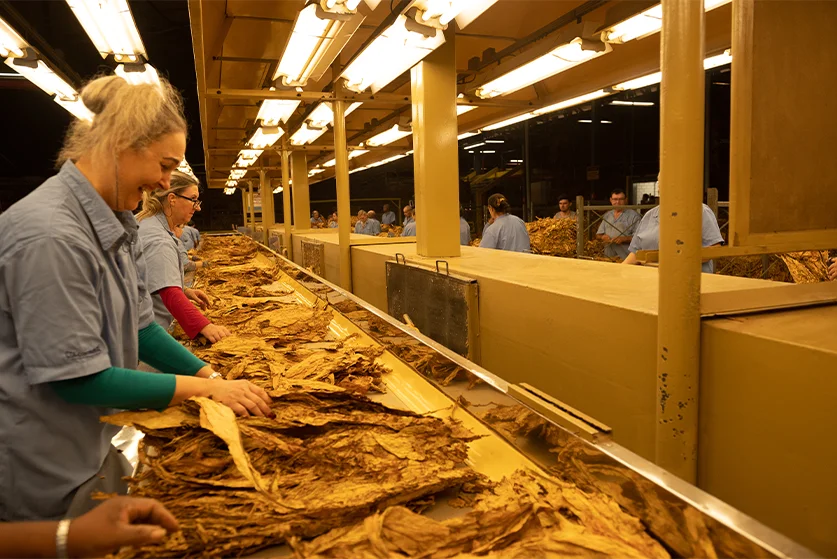
“All human beings are born free and equal in dignity and rights. They are endowed with reason and conscience and should act towards one another in a spirit of brotherhood.”
Article 1 of the Universal Declaration of Human Rights, of the United Nations (UN).
This policy applies to all employees, administrators, shareholders, customers, suppliers and partners as well as other entities or institutions that maintain business relationships with CTA-Continental. Everyone must have knowledge of this policy and be committed to it.
Administrators: any member of CTA-Continental's Board of Directors, Advisory Committees and Executive Board, or individuals holding any other statutory or similar office, in accordance with applicable laws in the jurisdiction that CTA-Continental operates.
Customers: any of CTA-Continental's clients, including their agents.
Collaborators: any of CTA-Continental's employees, seasonal or permanent, interns and/or trainees.
Suppliers: any suppliers of goods, products and/or services to CTA-Continental, including Integrated Producers (farmers).
Partners: any entities (associations, institutions, organizations, etc.) with which CTA-Continental has any type of commercial, technical, social, or institutional partnership, among others, that do not qualify as Customer or Supplier.
CTA-Continental is committed to respecting human rights in all forms and areas of activity, through practices that promote diversity, dignity and equality. We believe that honest, fair and respectful relationships between people are the most basic and essential prerequisite for any business.
We work continuously to prevent and mitigate potential risks and adverse impacts identified in our operations, as well as to remedy any human rights violations to which we may have contributed or caused. CTA-Continental complies with applicable legislation, as well as international treaties and guidelines from global organizations on Human, social and labor rights. We observe the Universal Declaration of Human Rights Principles and references of the International Labor Organization's Declaration on Fundamental Principles and Rights at Work, the United Nations Guiding Principles on Business and Human Rights and, to complement Human Rights, other guidelines that promote Civil, Political, Economic, Social, Cultural, and Labor Rights.
With this Policy, CTA-Continental acknowledges its role as a leading company in the production chain for what it represents to the sustainability of the sector and for pioneering relationships between the company, integrated growers and other value chain links.
It is thus CTA-Continental's desire to continuously contribute to Human Rights promotion in the tobacco and agribusiness value chain, as well to ensure all actions implemented by the company or business partners respect and follow the guidelines contained herein.
CTA-Continental is committed to ethical relationships that encourage the advancement of Human Rights and fair, sustainable, and responsible social / environmental initiatives, through clear Corporate Policies and implementation of transparent, effective Governance mechanisms. Corporate policies and practices are continuously improved and evolve in line with ESG (Environmental, Social, Governance) principles, whose purpose of creating value for society is part of CTA-Continental's way of doing business.

CTA-Continental's actions are based on the following:
of all individuals involved in the company's value chain;
that is robust and effective, with defined strategies and actions that guarantee the Human Rights of those involved in the company's value chain;
that is continuous and comprehensive, in order to identify and manage potential risks so they can be mitigated or prevented or, still, to remedy any unfavorable impacts that the company may have caused or contributed through its operations, in a participative, transparent manner;
for proper treatment and remediation of reported violations;
to join forces and bring about more positive impacts to the value chain.

We believe that all individuals must have their Human Rights unconditionally respected and secured. CTA-Continental's commitment, covering the entire value chain, is evidenced through Policies, Codes, Programs, and corporate practices.
The Human Rights Policy was prepared with the participation of subject matter experts. It has been approved by the highest Company management levels, reflecting the Company's commitment to promoting and developing this very important issue. The provisions of this Policy are continuously monitored through a governance model that ensures human rights risk analysis, proposes the definition of strategies and actions for prevention, mitigation or remediation. The effectiveness of these measures is then evaluated.
CTA-Continental's commitments to respect and ensure Human Rights are mirrored on the following principles:
CTA-Continental rejects any form of forced or involuntary labor in the value chain, whether on an integrated grower's farm, in an employee's home, in a supplier's company, at the company's headquarters or at its subsidiaries, or anywhere else in the company's value chain. Workers have the right to leave the premises at the end of the working day, documents cannot be withheld and there can be no debt bondage. If workers are provided with housing, it must be safe, clean and comfortable.
Underage labor in the tobacco industry is considered one of the worst forms of child labor and is therefore unacceptable, as is any hazardous work performed by persons under the age of 18, even if not in the tobacco industry. It is also unacceptable in the industry or among partners and suppliers involved in CTA-Continental's value chain. Brazilian legislation is clear: entry into the labor market is at the age of 16, if the work is not dangerous, or at the age of 14 as an apprentice, which requires a special contract authorized by law.
Whether by gender, race or ethnic origin, nationality, sexual orientation, religion or difference of opinion.
People are free to negotiate their working conditions, wages and benefits in accordance with current legislation. Workers are free to choose representatives to negotiate on their behalf.
CTA-Continental abides by collective agreements with unions and offers its employees attractive benefits that extend to their families and go beyond what is required by law.
that balances the personal and professional lives of employees so that they are happy, satisfied and safe within local and international occupational safety standards and requirements.
Diversity enriches, and it is these differences that make CTA-Continental the successful company it is today. Promoting and integrating diversity in everyday life is the best way to combat existing social inequalities.
Always value the truth, business ethics and transparency in relationships. CTA-Continental does not tolerate illicit practices, bribery, fraud, corruption or facilitation payments of any type.
Personal data security is paramount. Data must be stored securely and must never be shared improperly or without the owner's consent.
CTA-Continental encourages its administrators, customers, employees, suppliers and partners to respect and continuously disseminate these public commitments in a comprehensive and nonexclusive manner throughout their respective value chains.
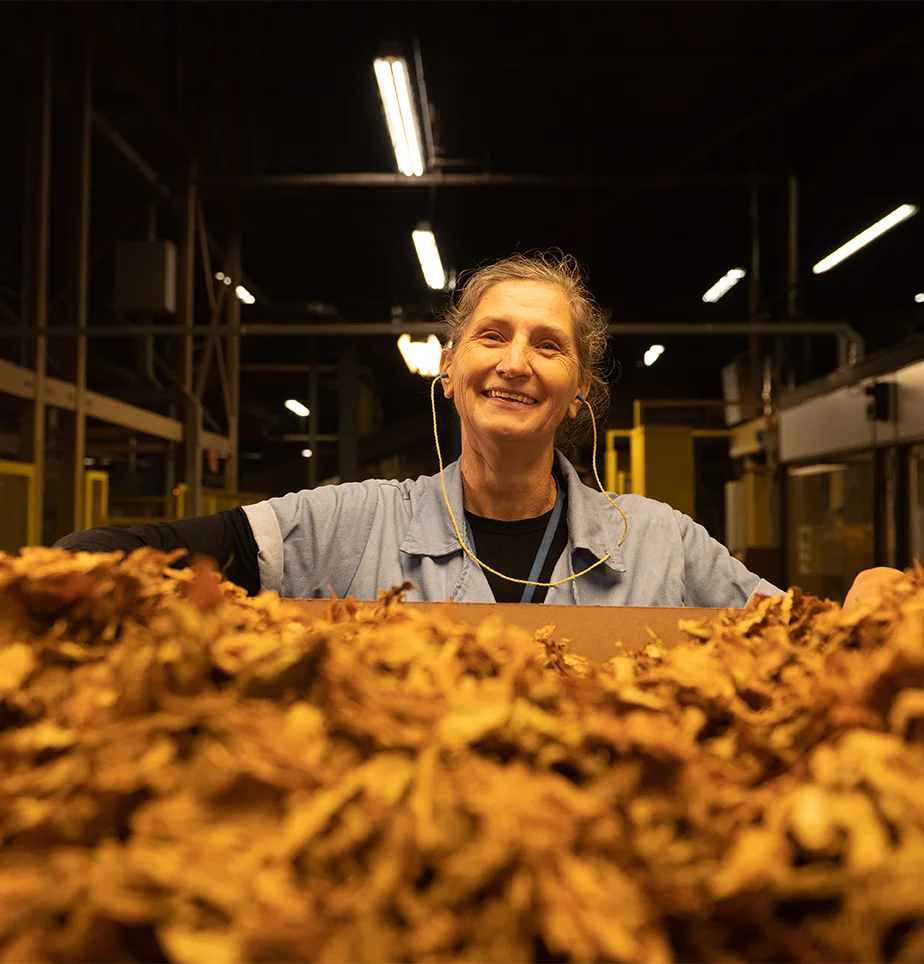

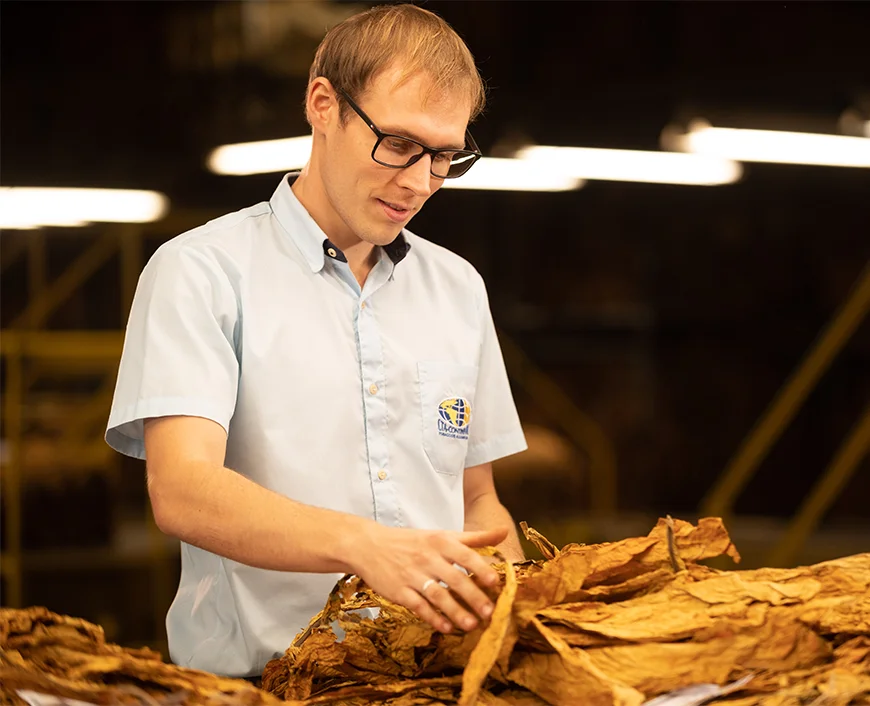
To ensure full effective and transparent implementation of this Human Rights Policy, CTA-Continental establishes principles across its operations, based on constant promotion, awareness and respect for Human Rights throughout the company's value chain, with strategies and actions continuously monitored through a Governance Model.
This Governance Model aims to guarantee smooth functioning of the initiatives implemented through a set of good corporate practices, such as:
Corporate Policies or Codes outline operational, management and business guidelines in an ethical manner. They communicate CTA-Continental's position to stakeholders on specific issues and must refer to or cite this Human Rights Policy in a complementary and transversal manner, regardless of the area, subject or scope. The key ones are:
They discuss strategies and encourage specific actions, concentrated on fostering and raising Human Rights awareness.
These are initiatives toward CTA-Continental's integrity and sustainability, and which demonstrate, in a practical manner, the corporate commitment to supporting and respecting Human Rights, in issues of great relevance that generate value to society. The main programs are:
It is of fundamental importance that Senior Management is committed to the Human Rights Policy and its definitions, strategies, initiatives and all other corporate actions that promote and respect Human Rights, and that the necessary human and financial resources are guaranteed for the effective functioning of this Human Rights Governance model.
It is Senior Management's responsibility to deliberate on changes to the Policy, disseminate and make stakeholders aware of the corporate commitments to respect and endorse Human Rights, as well as to ensure full compliance with this Policy or to prompt the correction of any Human Rights violations.
CTA-Continental requires that its partners comply with labor and Human Rights laws, encourage continuous engagement, and are in harmony with the principles established in this Policy.
Contracts signed between CTA-Continental and suppliers and business partners include mandatory clauses prohibiting child labor, work analogous to slavery, or any other violations established by this Policy. The contracts also require compliance with any public commitment assumed by the company or Global Organization Guidelines, as well as labor, health & safety and environmental legislation, and request for supporting documentation. CTA further requires that this Human Rights Policy be attached as part of the contract with the supplier or business partner.
Furthermore, CTA-Continental:
It is important to point out that CTA-Continental strives for mutually beneficial long-term relationships based on trust, transparency, and ethics. Raising awareness and dialogue are top priorities. The goal is to promote Human Rights and never just mere penalties to concerned parties.
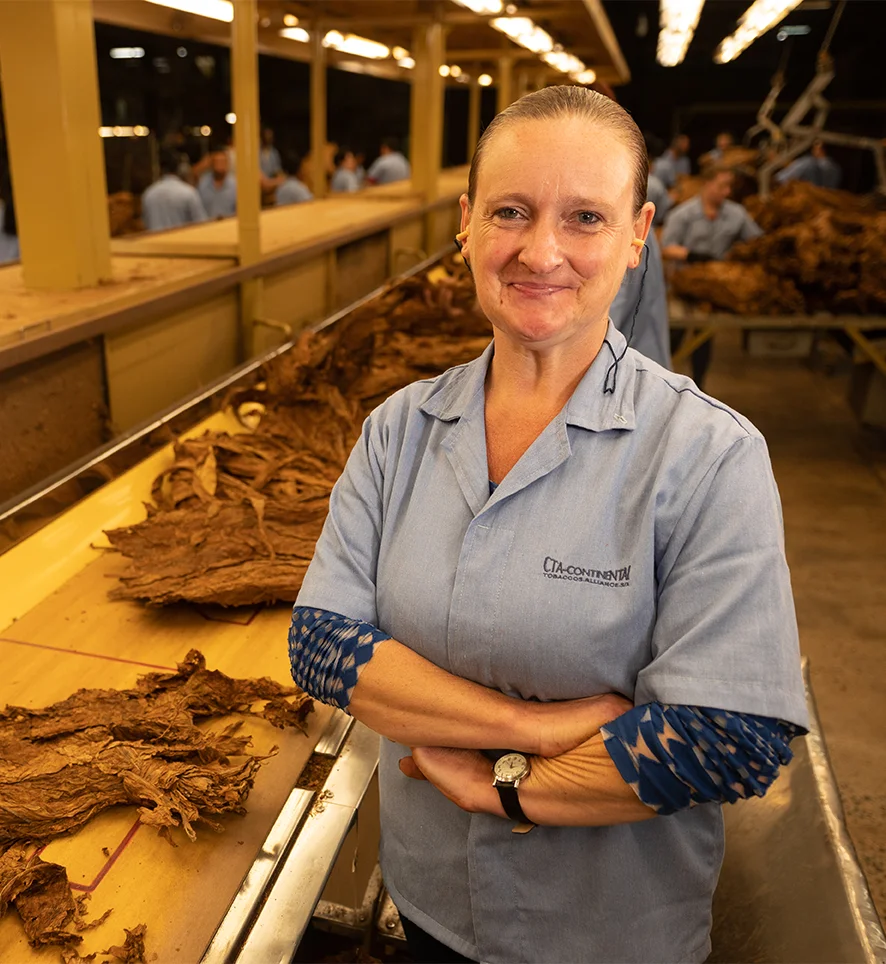


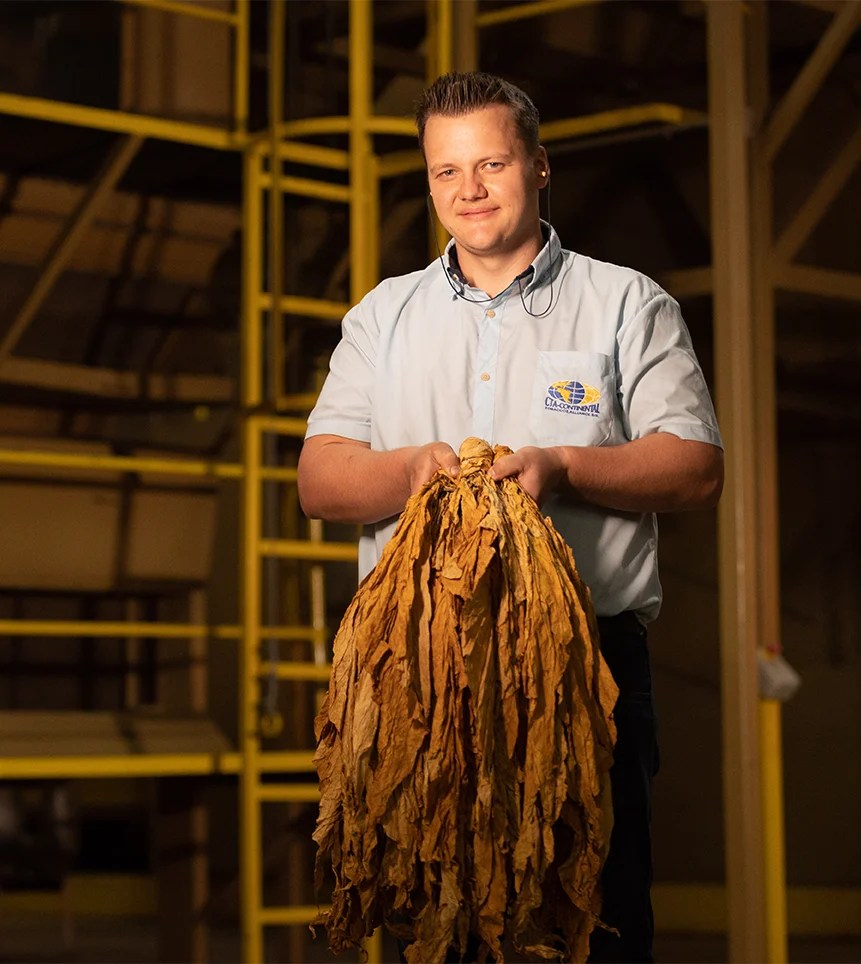
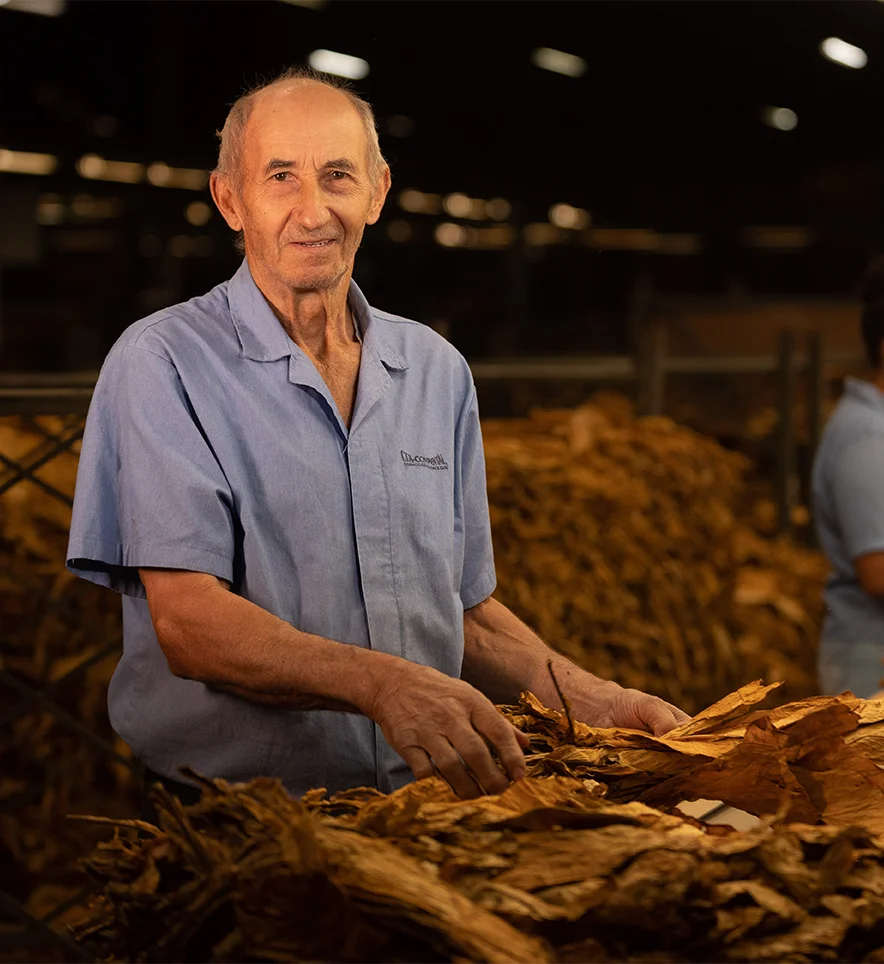
The United Nations Guiding Principles for Businesses and Human Rights recommend that companies implement ongoing due diligence mechanisms, following the steps to:
1 Assess potential risks and impacts to Human Rights caused by their activities, through identification, development and implementation of controls for prevention and mitigation of potential adverse risks.
2 Consolidate impact assessment results coming from the perspective of impacted stakeholders into the Company's processes. This includes Programs, reviews of policies and norms, procedures, and budget, among others.
3 Continuously monitor the process to ensure the effectiveness of CTA-Continental's actions toward its suppliers and value chain. Indicators must be clear and specific.
4 Report, in a transparent manner, risk management performance and any impacts to which the company contributes or causes, as well as Human Rights remedial actions promoted by the company. At this stage, sustainability reports or specific Human Rights reports must be prepared. An accreditation report is desirable and recommended.
Whenever deviations, violations or adverse impacts to the Human Rights Policy are identified, CTA-Continental takes actions involving its value chain stakeholders, in preparation for, and implementation of, remedial actions.
All matters directed through CTA's Grievance office are treated with the utmost confidentiality. The individual who reported the concern should not fear retaliation.
Contact information for complaint channels are widely disclosed to all concerned parties. There are various means and channels, both internal and external. Other official government reporting channels are also divulged by CTA-Continental to its employees, suppliers and partners.
CTA-Continental also encourages its business partners to make Complaint Channel contact information readily available to all concerned parties, to encourage its use in the event of human rights violations. Cases of violations must be treated with strict confidentiality and respect, and negative impacts must be corrected.


This policy is disclosed on the company's internal channels and website, for open access. It is reviewed annually and/or whenever there are legal updates or requirements arising from the assessment, monitoring and remediation channels. Changes must be approved by the company's Senior Management.
Violations of this policy are subject to penalties outlined in the company's Code of Conduct.
